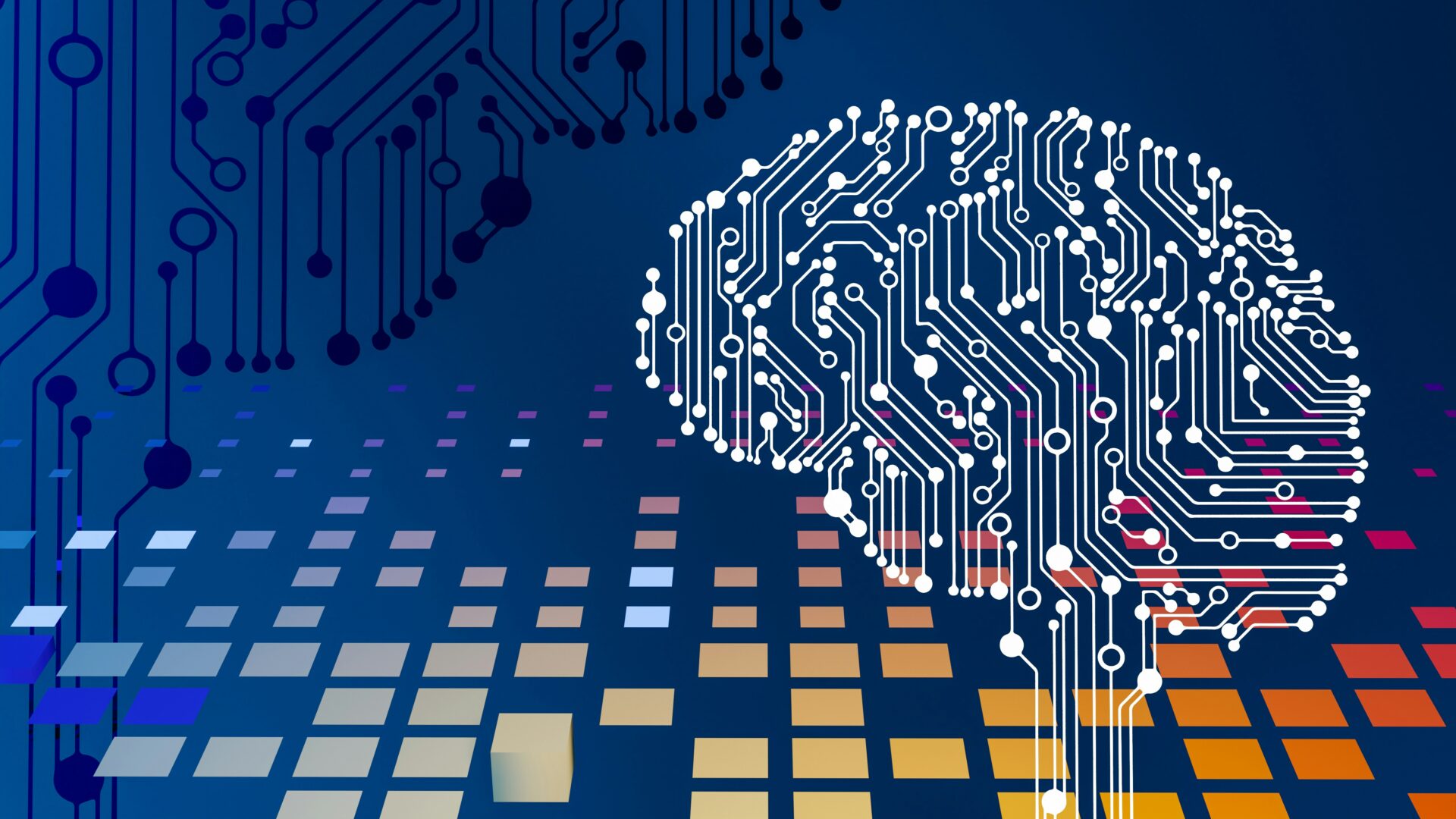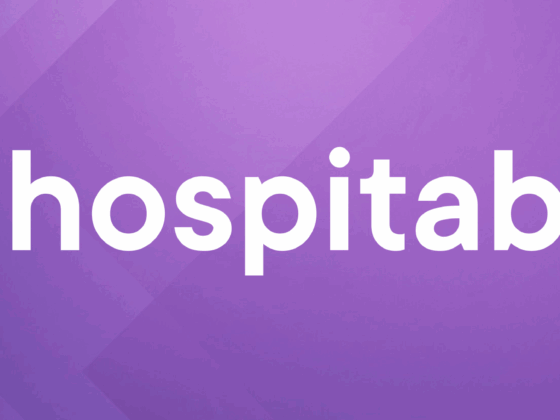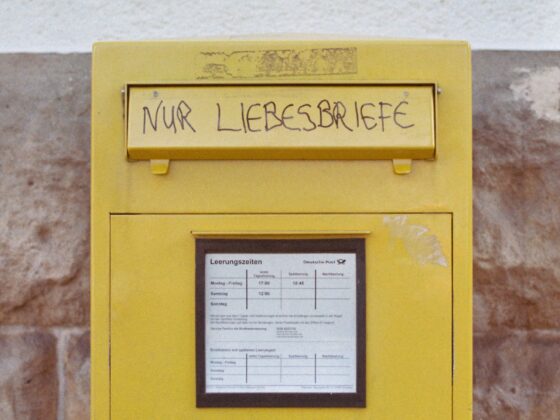
In the latest episode of Matt Talks, Mews CEO Matt Welle spoke with Jason Noronha, co-founder of D3x – an AI company built by hoteliers, for hoteliers. What began as a solution to a single operational pain point has evolved into a technology that promises to change how hotels operate.
From the conversation, one thing is abundantly clear: AI’s role in hospitality is shifting. It’s no longer about chatbots that answer questions. It’s about intelligent workflows that automate, integrate and elevate the guest experience – without removing the human touch.
Watch the chat in full here, or read on for the key takeaways.
The operational black hole
Every property has its version of “the checklist” – a paper, spreadsheet or task list that captures the daily operational jobs that sit outside digital systems. Add an extra bed. Replace a towel. Fix the AC. These tasks are small, but they add up. They’re also the places where processes break down.
The challenge is fragmentation. A property management system (PMS) manages bookings. A housekeeping tool tracks room readiness. A point-of-sale (POS) system records restaurant transactions. But these systems don’t always talk to each other. The result: repetitive work, gaps in communication and slower guest responses.

At Mews, we’ve seen this problem for years. It’s the reason we built an open API from the start. When hotels can connect tools freely, innovation accelerates. AI now builds on that foundation. Platforms like D3x are using language models to translate human requests – “I need a towel,” “Can you fix the air conditioning?” – into system-level actions. That means fewer manual steps, faster resolutions and more satisfied guests.
From chatbot to agentic workflow
AI in hospitality has largely focused on guest communication: answering FAQs, handling basic reservations or managing check-ins. The new generation of AI tools goes much deeper.
Instead of acting as static chatbots, they behave likeagents that understand intent, access data, and take action. For example, when a guest asks for a towel, an agent can identify the speaker, confirm their room, create a housekeeping request in the relevant system, and update the guest in real time.
The difference is context. A chatbot answers based on text patterns. An AI agent understands who’s asking, what systems are involved, and what to do next. It connects voice, chat and operational data through APIs to execute tasks across multiple systems.
This evolution represents the next phase of automation – one that blends artificial intelligence with real-world hospitality workflows.
It’s the reason Mews has acquired DataChat, a team of world-class AI engineers and data scientists. They join Mews to spearhead our mission to build fully agentic hospitality systems – learn more here.
Guardrails and guest trust
Automation brings new responsibilities. Guardrails are essential.
Hoteliers must balance automation with control. Systems should only access data when necessary, with permissions set by the property. Data encryption, compliance with GDPR, and role-based access ensure guest privacy remains protected. The best AI systems operate within defined boundaries – automating what’s safe to automate, and escalating the rest.
This is where open, secure APIs matter most. They enable innovation while maintaining transparency. AI without API (and the semantic layer built around them) does not work.
Measurable impact
The fear that AI will erode human service is understandable, especially in luxury and boutique environments. Yet the data suggests otherwise. Across D3x’s customer base, average satisfaction scores are 4.6 out of 5 for AI-handled interactions, compared with 4.37 for human ones.
These results suggest that guests value fast, accurate responses – even when they come from machines. When repetitive requests are handled automatically, hotel teams can focus on moments that truly need empathy and creativity.
This shift doesn’t reduce hospitality. It refines it. AI takes care of the background noise so people can deliver genuine service where it counts.
A new era of connected hospitality
What’s emerging is a new model of hotel operations – one that’s intelligent, responsive, and deeply integrated. In this model, the PMS sits at the center, connecting to specialized tools through open APIs. AI layers on top, interpreting human language and orchestrating actions across these systems.
Imagine a guest messaging about a late checkout. The AI checks availability in the PMS, updates the booking, alerts housekeeping, and confirms the new time – all in seconds. Or a guest calling reception to report a broken lamp: the AI logs the issue, notifies maintenance, and tracks completion.
These workflows are simple to describe but complex to execute. The difference now is that AI can handle that complexity at scale.
The road ahead
The next wave of automation will go even deeper. One of the most tedious processes for hoteliers – invoice modification – is already being reimagined. Using AI, hotels can authenticate guests, void incorrect invoices, issue credit notes, and regenerate documents automatically. It’s not glamorous work, but it saves time for staff and removes one of the most frustrating pain points for both hotels and guests.
That’s the essence of what’s happening in hospitality technology right now. We’re moving from disconnected systems to connected intelligence. From manual tasks to autonomous workflows. From reactive service to proactive engagement.
And crucially, we’re doing it in a way that keeps the hotelier in control.
The bigger picture
AI will never replace hospitality – but it will redefine how it operates. The most successful hotels will be those that embrace this technology as an enabler, not a threat. It’s about using AI to power better decisions, smoother operations and more human experiences.
At Mews, we believe the future of hospitality lies in openness – open APIs, open ecosystems, open thinking. Because when data flows freely and systems talk to each other, innovation flourishes. And when technology takes care of the repetitive, people can focus on what hospitality has always been about: making guests feel welcome.
Read more about how AI is revolutionizing hospitality.
About Mews
Mews is the leading platform for the new era of hospitality. Powering over 12,500 customers across more than 85 countries, Mews Hospitality Cloud is designed to streamline operations for modern hoteliers, transform the guest experience and create more profitable businesses. Customers include BWH Hotels, Strawberry, The Social Hub and Airelles Collection. Mews was named Best PMS (2024, 2025) and listed among the Best Places to Work in Hotel Tech (2021, 2022, 2024, 2025) by Hotel Tech Report. Mews has raised $410 million from investors including Growth Equity at Goldman Sachs Alternatives, Kinnevik and Tiger Global to transform hospitality.








